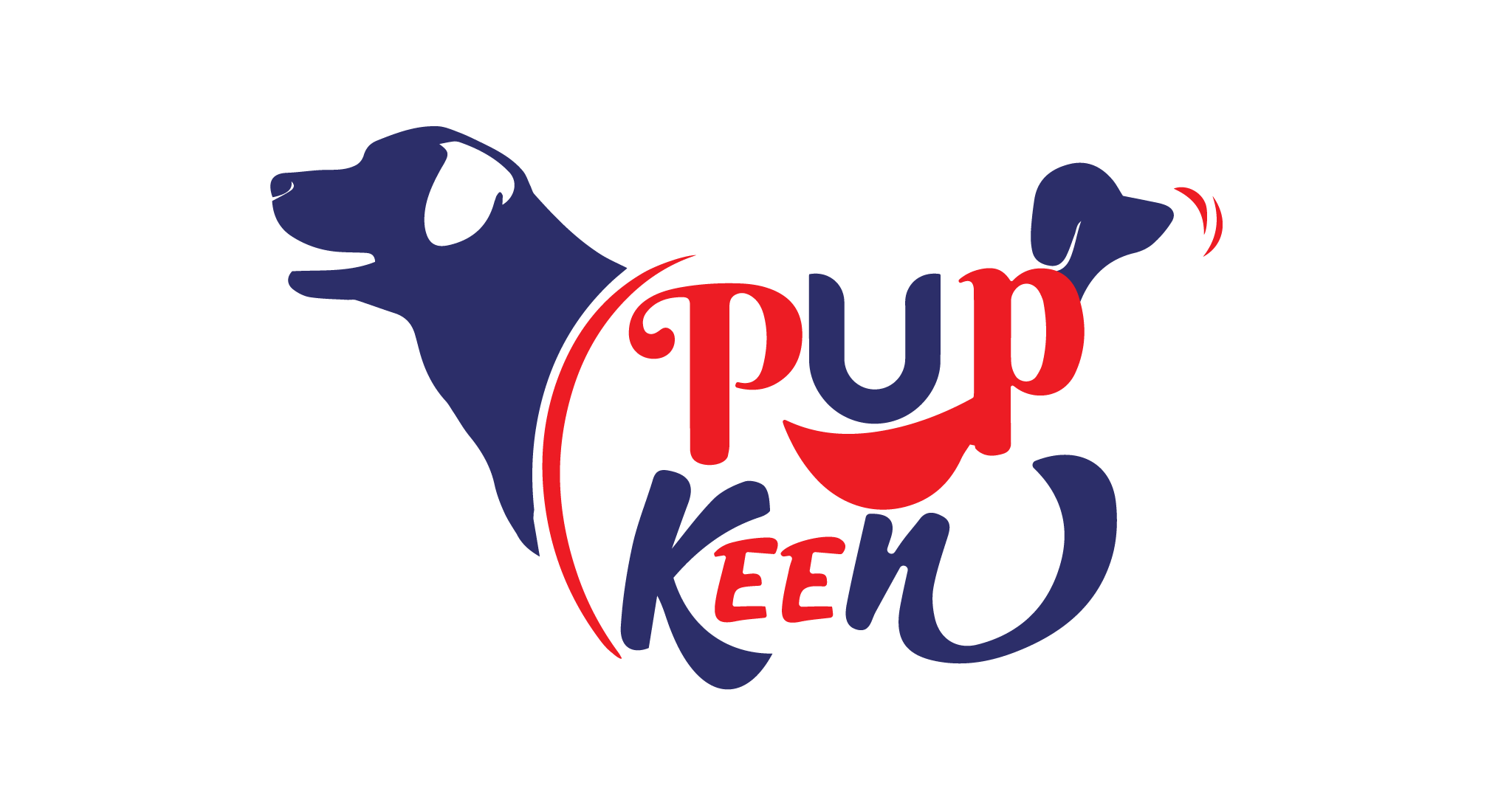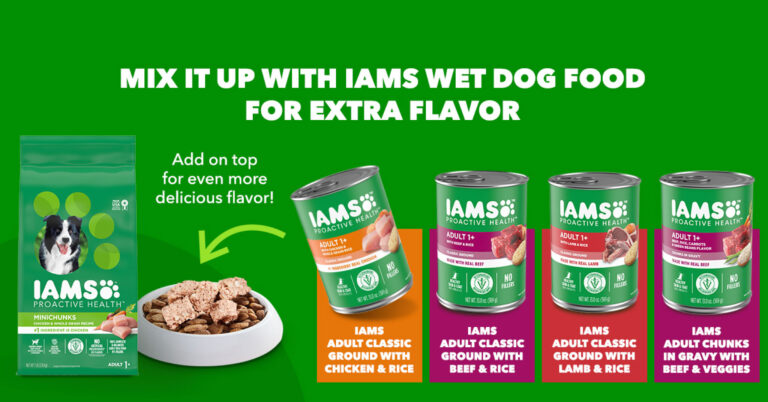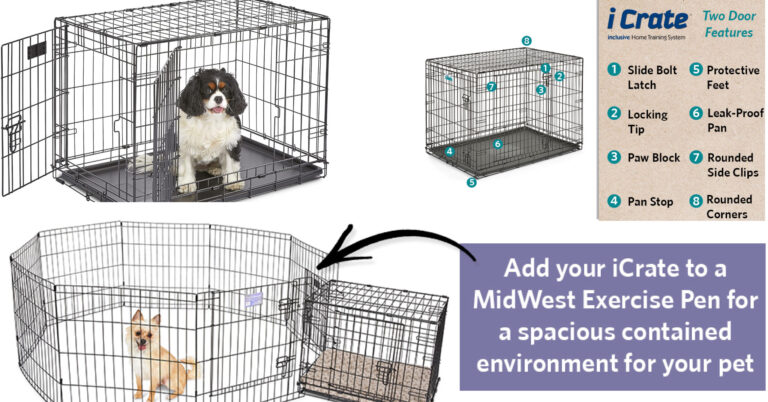The Role of Diet in Managing Canine Cognitive Dysfunction
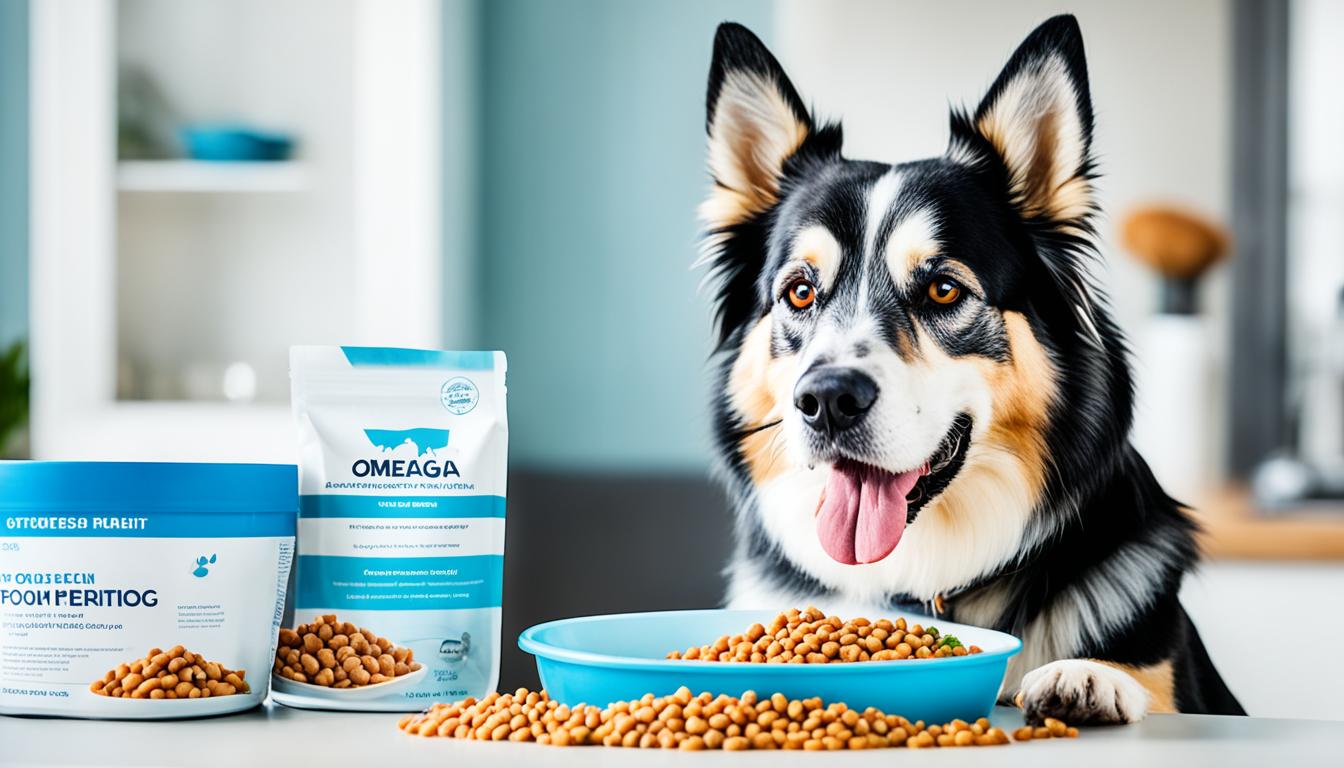
Did you know 68% of 15-16 year old dogs show signs of cognitive decline? This is why it’s so important to focus on your dog’s brain health as they age. As dogs get older their mental acuity declines which affects their quality of life. A senior dog cognitive diet is key to managing this condition known as Canine Cognitive Dysfunction Syndrome (CDS).
CDS is more common than most pet owners think. 28% of 11-12 year old dogs have CDS but only 1.9% of dogs with CDS are diagnosed by a vet. This gap in diagnosis shows how important awareness and early action is. As a pet owner I’ve found nutrition is a powerful tool in supporting mental sharpness in aging dogs.
Research shows dogs eating high quality food for their age and health are 2.8 times less likely to get CDS than dogs eating low quality food or scraps. This just shows how big an impact a special diet can have on a dog’s brain. By focusing on brain health through nutrition we can slow down the mental decline that comes with aging.
Key Takeaways
68% of dogs 15-16 years old have CDS
Only 1.9% of dogs with CDS are diagnosed by vets
High quality food reduces CDS by 2.8 times
Nutrition is key to managing cognitive decline
Customised food can support mental acuity in older dogs
Understanding Canine Cognitive Dysfunction Syndrome (CDS)
As our furry friends age, they may face challenges similar to humans. Canine Cognitive Dysfunction Syndrome (CDS) is a condition that affects many senior dogs. It impacts their behavior and mental function. Proper senior canine nutrition is key to managing this condition.
Definition and Prevalence of CDS
CDS starts in dogs 9 years old or older. It’s a slow disease that affects many older dogs. The more a dog ages the more common it becomes. Many owners don’t realise their pet has this condition.
Common Signs and Symptoms
Spotting CDS early is important. Look out for these signs:
- Disorientation or confusion
- Changes in sleep patterns
- Increased anxiety or restlessness
- House soiling accidents
- Altered interactions with family members

Risk Factors and Age-Related Changes
Age is the main risk for CDS. Older dogs’ brains change, affecting their thinking. These changes include less brain volume and reduced blood flow. Diet and environmental enrichment can help manage these changes and slow CDS.
Understanding CDS helps us care for our aging dogs. With the right care and nutrition, we can support their cognitive health in their golden years.
The Science Behind Brain Aging in Dogs
I’ve been looking into how dogs’ brains age, and it’s really interesting. It’s a lot like what happens in humans. As dogs get older, their brains change a lot. These changes can affect how well they think and remember things. Let’s look at what’s happening and how we can help our older dogs.
Neurological Changes in Aging Canines
Older dogs see changes in their brains. These include less brain volume, bigger ventricles, and less blood flow. These changes can make them think and remember less, similar to Alzheimer’s in humans. Studies show dogs as young as 6 can start to lose brain function.
Impact of Oxidative Stress on Cognitive Function
Oxidative stress is big in brain aging. This imbalance can hurt brain cells and make dogs think less clearly. That’s why some dog foods and supplements have antioxidants to fight this.
Role of Free Radicals in Brain Deterioration
Free radicals are bad molecules that can damage brain cells. They break down important brain parts and mess with thinking skills. To fight this, some supplements for dogs have ingredients that stop these bad molecules.
| Age-Related Brain Changes | Impact on Dogs | Potential Solutions |
|---|---|---|
| Decreased Brain Volume | Cognitive Decline | Brain-Boosting Supplements |
| Oxidative Stress | Cell Damage | Antioxidant-Rich Diet |
| Free Radical Accumulation | Neural Deterioration | Free Radical Scavengers |

Knowing about these changes helps us help our aging dogs. We can use special dog food and supplements to keep them sharp and healthy as they get older.
Nutritional Needs of Senior Dogs with Cognitive Decline
As dogs get older, they need different foods. Senior dogs with cognitive decline need special foods for their brains. These foods help fight oxidative stress and damage.
Important nutrients for older dogs include vitamins E and C, beta carotene, and selenium. DL-alpha-lipoic acid and L-carnitine are also key. Omega-3 fatty acids and B vitamins are vital for their brains.
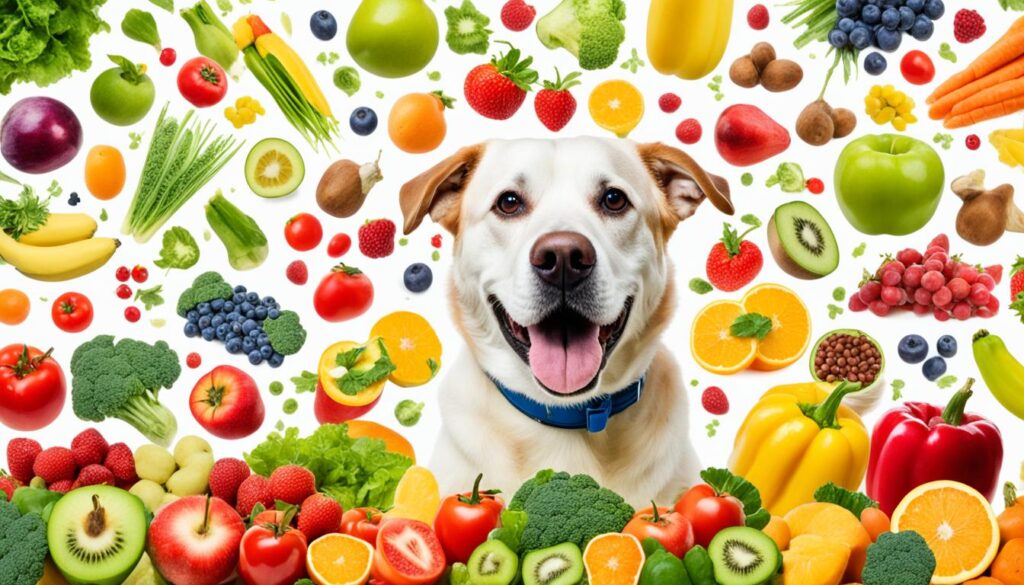
Studies show that MCTs can boost brain energy. Supplements with phosphatidylserine, pyridoxine, Gingko biloba, and vitamin E help memory and reduce cognitive issues.
| Nutrient | Benefit | Food Sources |
|---|---|---|
| Antioxidants | Combat oxidative stress | Blueberries, spinach, sweet potatoes |
| Omega-3 fatty acids | Support brain function | Fish oil, flaxseed, chia seeds |
| B vitamins | Enhance cognitive performance | Lean meats, eggs, whole grains |
| MCTs | Improve brain energy metabolism | Coconut oil, palm kernel oil |
It’s best to talk to a vet for a nutrition plan for your senior dog. This way, your dog gets the right foods for their brain and overall health.
Key Nutrients for Brain Health in Aging Dogs
As dogs get older, their brains need special care. I’ve found that some nutrients are key for keeping their brains healthy and sharp. Let’s look at these important nutrients and how they help our older dogs.
Antioxidants: Vitamins E and C
Antioxidants are great for brain health in dogs. Vitamins E and C fight oxidative stress, which can harm brain cells. Studies show that these antioxidants, along with mental activity, boost memory and thinking skills in older dogs.
Omega-3 Fatty Acids and DHA
DHA is good for brain health, brain function and to reduce joint inflammation in older dogs. Fish oil is a great source of EPA and DHA for senior dogs overall health.

B-complex Vitamins and Their Cognitive Benefits
B vitamins are important for keeping older dogs minds sharp. They support brain growth, function and health of neurons. They help make neurotransmitters and keep cell membranes flexible which is good for brain work.
| Nutrient | Benefits | Sources |
|---|---|---|
| Antioxidants (Vit E & C) | Combat oxidative stress, improve memory | Fruits, vegetables, supplements |
| Omega-3 Fatty Acids | Support brain function, reduce inflammation | Fish oil, flaxseed |
| B-complex Vitamins | Support brain development, maintain cell health | Meat, eggs, leafy greens |
Feed these to your senior dog and it will help their brain and slow down mental aging.
The Senior Dog Cognitive Diet: Essential Components
As dogs get older, their diet needs change. Senior canine nutrition is key for their brain and overall health. Let’s look at what older dogs with memory issues need in their diet.
Balanced Macronutrients for Older Dogs
Older dogs eat less but still need enough protein to keep muscles strong. I suggest a diet with 18-23% protein for them. It’s also important to cut calories, as older dogs need about 20% fewer.

Micronutrients to Support Brain Function
For older dogs, some nutrients are key for memory support. Antioxidants, omega-3 fatty acids, and B-complex vitamins fight oxidative stress and boost brain health. I add these to my senior dog’s meals.
Importance of Digestibility and Palatability
Older dogs digest and eat differently. I choose foods that are easy to digest and taste good. For dogs with dental issues I use small soft kibble. Fresh water is key.
| Component | Importance | Recommended Action |
|---|---|---|
| Protein | Prevents muscle atrophy | 18-23% of diet |
| Calories | Prevents weight gain | 20% reduction after age 6 |
| Antioxidants | Combats oxidative stress | Include in daily diet |
| Digestibility | Aids nutrient absorption | Choose easily digestible foods |
Switching to senior food should be done over 7-10 days. Always talk to a vet about what’s best for your senior dog’s nutrition and memory support.
Specialized Diets and Supplements for CDS Management
Feeding anti-aging dog food can really help dogs with Canine Cognitive Dysfunction Syndrome (CDS). These foods have brain boosting nutrients for older dogs’ cognitive function.
Many brands have senior specific formulas with antioxidants, omega-3s and B vitamins. For example Hill’s Prescription Diet b/d Canine and Purina Neurocare have shown great results in studies. They help with mental clarity.

Cognitive function supplements are also key for managing CDS symptoms. Some top options I recommend include:
- Phosphatidylserine for short-term memory
- Ginkgo biloba to enhance circulation
- Vitamin E as a powerful antioxidant
- MCT oil to provide alternative brain fuel
The right diet and supplements can make a big difference. In one study, 68% of dogs 15-16 years old showed signs of CDS. But with proper nutrition, we can slow down cognitive decline and keep our senior pups sharp.
| Supplement | Benefit | Dosage |
|---|---|---|
| Phosphatidylserine | Improves short-term memory | 100 mg daily per 50 lbs |
| Ginkgo biloba | Enhances brain circulation | 2-4 mg per lb daily |
| Vitamin E | Powerful antioxidant | 400 IU daily for medium dogs |
| MCT oil | Alternative brain energy | 1 tsp per 10 lbs daily |
The Role of Medium-Chain Triglycerides (MCTs) in Cognitive Support
As a dog owner, I always look for ways to boost my senior dog’s mind. MCTs caught my eye as a great option. These fats can really help our aging dogs think better.
How MCTs Improve Brain Energy Metabolism
MCTs act like fuel for our senior dogs’ brains. They turn into ketones, which feed the brain cells. Studies show dogs on MCTs did better in thinking tests. They had more b-hydroxybutyrate, a substance that helps the brain.
Incorporating MCTs into a Senior Dog’s Diet
It’s easy to add MCTs to your dog’s food. Some dog foods already have them. Or, you can use MCT oils made for dogs. But, always talk to your vet first. They can help you choose the right amount for your dog.
| MCT Benefits | Study Results |
|---|---|
| Improved Learning | Dogs on 5.5% MCT diet showed better task performance |
| Reduced CCDS Signs | 6.5% MCT diet eased behavioral issues in dogs with cognitive dysfunction |
| Increased Brain Energy | MCTs boosted ketone levels, offering alternative brain fuel |
Adding MCTs to your senior dog’s diet can really help their mind. These foods can keep your old friend sharp and happy for a long time.
Combining Diet with Environmental Enrichment for Optimal Results
Boosting mental acuity in aging dogs is more than just about good food. Mixing senior canine nutrition with environmental enrichment works best for their brains. This combo has greatly improved dogs’ brain function and their overall life quality.
Environmental enrichment means more activity through exercise, toys, and social time with other dogs. Studies show that this mix leads to more brain-derived neurotrophic factor (BDNF) mRNA. This means better brain performance and less brain damage.
Here are some ways to make your senior dog’s environment better:
- Provide puzzle toys that dispense treats
- Engage in daily training sessions
- Arrange playdates with friendly dogs
- Take your dog on new walking routes
- Introduce novel scents and textures
By adding these activities to a diet rich in senior canine nutrition, you can greatly boost your dog’s brain power. Research shows that dogs eating a special diet and getting environmental enrichment do better than those on a regular diet.
| Intervention | Cognitive Improvement |
|---|---|
| Diet alone | 28% |
| Environmental enrichment alone | 35% |
| Combined approach | 65-82% |
Consistency is key. Regular vet visits will help you monitor progress and adjust as needed. With the right mix of diet and mental stimulation you can support your senior dog’s brain and make their life better.
Monitoring and Adjusting the Diet Plan for Your Senior Dog
As my dog gets older, I’ve learned it’s key to watch his diet and health closely. A senior dog cognitive diet needs regular checks and changes. This ensures it meets his evolving needs.
Regular Veterinary Check-ups and Assessments
I book regular vet visits for my older dog. These visits are important to check on how he’s doing on his brain health diet. My vet uses the DISHAA framework to assess his behavior and thinking. This helps us catch problems early and change his diet if needed.
Adapting the Diet to Changing Needs
Being flexible with my older dog’s diet is key. His nutritional needs change as he gets older. I monitor his weight, energy and health and adjust his diet. If I see changes in his behavior or appetite I talk to my vet and change his meal plan.
| Age (Years) | Diet Focus | Key Nutrients |
|---|---|---|
| 7-9 | Weight Management | High-quality protein, Fiber |
| 10-12 | Joint Health | Glucosamine, Omega-3 fatty acids |
| 13+ | Cognitive Support | Antioxidants, B-complex vitamins |
You can see improvements in cognitive function in 6-12 weeks on a special diet. If I don’t see those improvements I work with my vet for more help or meds. By being aware and flexible I can keep my older dog’s brain sharp and living well.
Conclusion
A senior dog cognitive diet is key for managing Canine Cognitive Dysfunction Syndrome (CDS). This affects about 14% of dogs aged 8 and older, with the risk going up as they get older. A diet full of antioxidants, omega-3 fatty acids, B vitamins, and MCTs can really help older dogs think better.
Studies show that changing what dogs eat can make a big difference. Dogs eating MCT-rich diets got better at learning, remembering, and making decisions in just two weeks. Also, a diet with nutrients that protect the brain made their behavior much better in 30 to 90 days. This shows how important good nutrition is for older dogs’ memory.
Starting early and keeping up with care is crucial. Regular vet visits and tools like Purina’s CDS diagnostic aid can spot and track cognitive decline early. By giving your senior dog a special diet and making their environment more interesting, we can make their life better. Remember, it’s never too late to help your senior dog’s brain health with the right diet and care.
